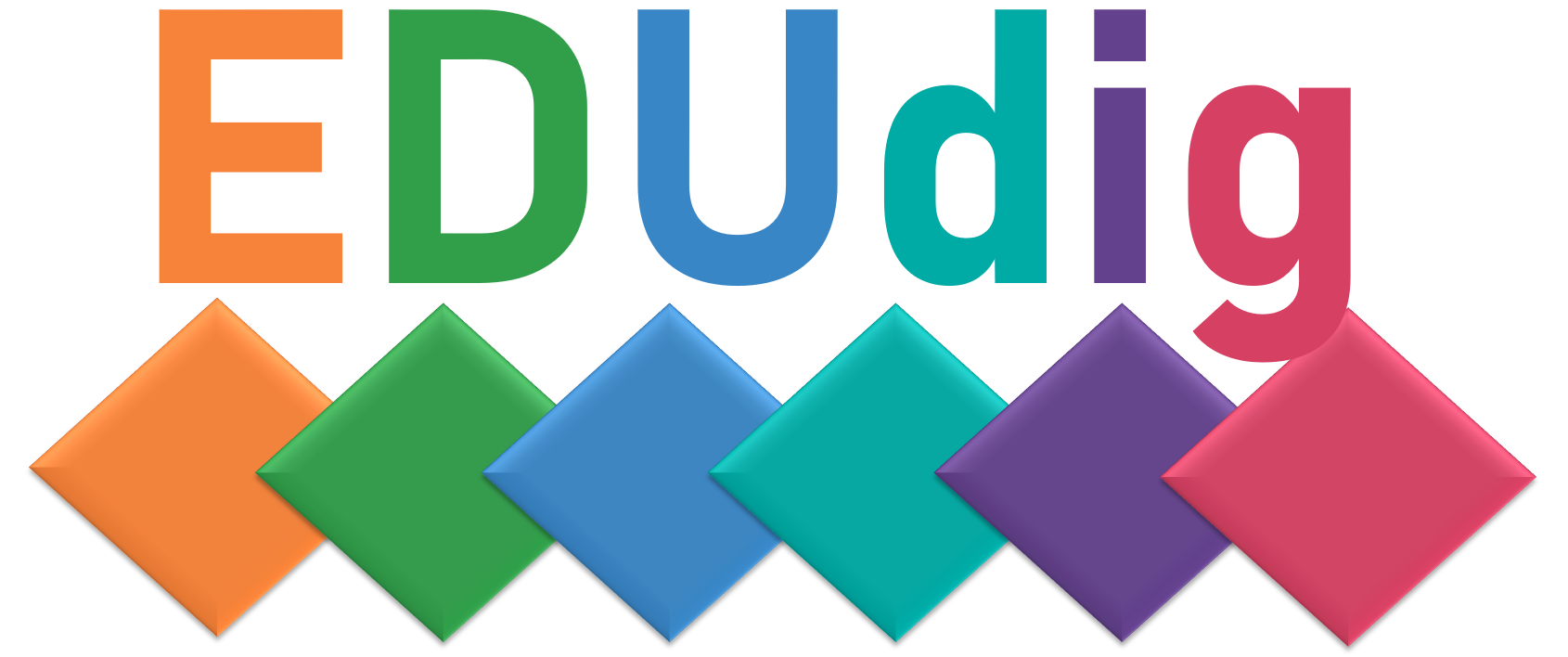1.2. Approaches for online teamwork
Educators and course designers should implement learning objectives that promote students’ engagement and motivation in online learning environments (Oyelere & al. 2021). The authors discovered that rigth self-regulated learning strategies in online courses motivate students to strive for a good teamwork experience, leading to increased interest in online learning.
An online educator needs understand team dynamics and facilitate the whole teamwork process with appropraite and timely support. Each online learning context is different and the purpose for team formation vary. Thus, applying same team formation and teamwork facilitation practices to all cases is not purposeful.
In learning design, the intent for team building is learner-centeredness. Team formation and continuous work in team needs to support both collaborative and individual learning. Identifying the most purposeful approach for forming and supporting teams depends on factors such as:
:: Mode of online learning implementation
The fact whether the learning implementation is fully online or a hybrid implementation will have an impact on team formation possibilities. In HyFlex or hybrid implementations a face-to-face teaming is often most effective.
:: Set-up for the learning pace
Whether learners engage in asynchronous or synchronous learning will set different criteria for team formation and online teamwork. An asynchronous learning ….
:: Automated or non-automated implementations
Large automated MOOC implementation offer and require different approaches for team formation and work support than online courses with regular interaction with the educator.
Made in advance, schedule time for forming the teams after student start.
:: Size of the online learning group
Study units with a limited number of students or large groups will affect the way teams are formed and supported.
:: Scope of task and learning goals
Collaborative learning activities taking place just once during an online session or larger learning projects such as projects done for or in cooperation with a worklife partner require different level of team commitment and bonding.
:: Diversity of learners
Learners are diverse which should also be taken into account in team formation and teamwork facilitation. Factors affecting learners’ ability and motivation for teamwork may depend on their familiarity with each other, maturity level (bachelor’s or master’s students; age), study status (degree student vs. open path students, full-time students vs. part-time students), native language, cultural background, gender and so on.
In many cases, teams benefit of diversity in perspectives and experience, thus making heterogeneous and diverse teams a much sought after team composition.
Students are primarily responsible for their own team’s successful teamwork. Depending on above factors, some teams need more support from the educator than others. The most important thing is that the students are not left alone if any issues arise. The educator needs to be accessible and listen to the students’ needs for support.
